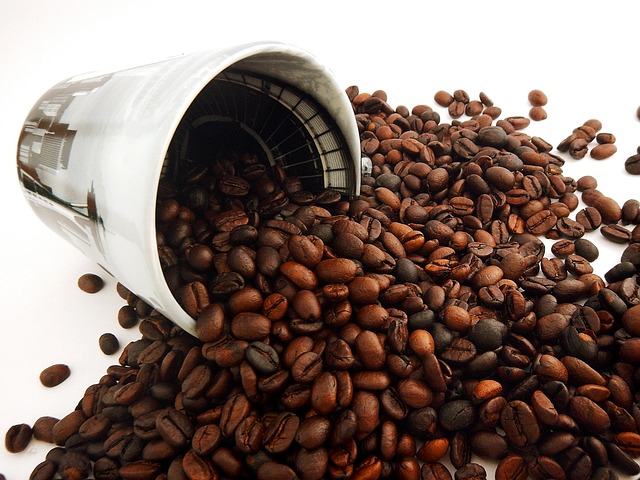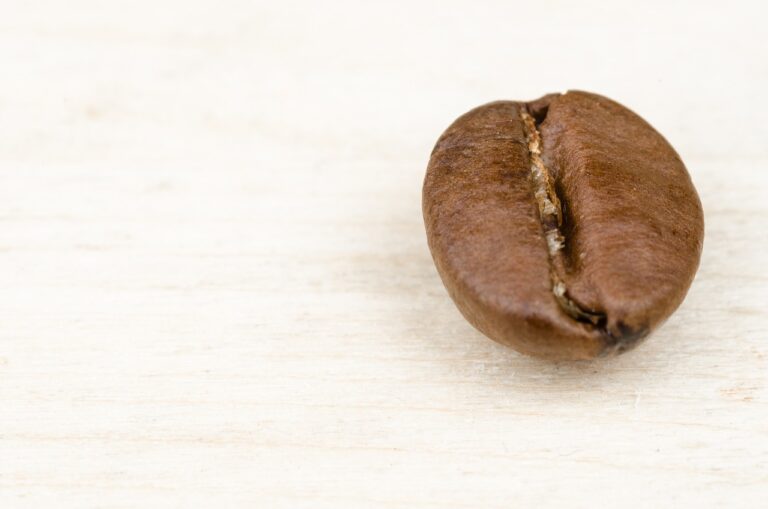Decaf Coffee: Myths and Truths about this Option
Coffee has been an integral part of our lives for centuries, offering a comforting boost to start our day or keep us going during a long afternoon. For many, the thought of relinquishing their daily coffee routine seems impossible, even if they’re trying to reduce their caffeine intake. This is where decaffeinated coffee, often referred to as decaf coffee, comes into play. It offers a solution for those seeking to enjoy the taste and aroma of coffee without the stimulating effects of caffeine. However, there are several myths and misconceptions surrounding decaf coffee that need to be addressed and clarified.
What is Decaf Coffee?
Decaffeinated coffee, often shortened to “decaf,” is a type of coffee that has had most of its caffeine removed. The process involves extracting caffeine from the coffee beans to reduce its caffeine content significantly. Decaf coffee is a popular choice among individuals who want to limit their caffeine intake due to various reasons such as sensitivity to caffeine, health concerns, or doctor’s recommendations.
Myth 1: Decaf Coffee is Completely Caffeine-Free
One common misconception about decaf coffee is that it is entirely caffeine-free. However, this is not accurate. While decaffeination significantly reduces the caffeine content, it doesn’t eliminate it entirely. The process typically removes about 97% of the caffeine, leaving a small amount behind. For those highly sensitive to caffeine or trying to completely avoid it, even this residual amount may have an impact.
Myth 2: Decaf Coffee Tastes Inferior to Regular Coffee
Another prevailing myth is that decaf coffee lacks the rich taste and robust flavor of regular coffee. This perception might have been true in the past when the decaffeination process could sometimes affect the taste. However, advancements in technology and processes have improved the flavor of decaf coffee significantly. Nowadays, many decaf options closely resemble the taste and aroma of their caffeinated counterparts.
Myth 3: Decaf Coffee is Made with Low-Quality Beans
There’s a misconception that the beans used to make decaf coffee are of lower quality compared to those used for regular coffee. In reality, decaf coffee is made from high-quality coffee beans just like regular coffee. The decaffeination process occurs after the beans are harvested and roasted, ensuring that the beans used for decaf are of the same standard as those for regular coffee.
Myth 4: Decaf Coffee is Unhealthy
Some individuals believe that decaf coffee is unhealthy due to the decaffeination process or the assumption that it’s laden with chemicals. However, decaffeination methods have evolved to use safer and more natural processes, including the Swiss Water Process and the use of organic solvents like ethyl acetate. These methods are considered safe and do not pose a threat to human health.
Truth: Decaf Coffee Offers Health Benefits
Decaf coffee has its own set of health benefits. For instance, it still contains essential antioxidants and nutrients found in regular coffee. Antioxidants help fight inflammation and may reduce the risk of certain diseases. Additionally, for individuals who need to cut down on caffeine, decaf coffee allows them to enjoy a cup without the potential negative effects associated with excessive caffeine consumption.
Conclusion
Decaf coffee is a viable option for those looking to reduce their caffeine intake while still enjoying the comforting taste and aroma of coffee. It’s essential to dispel the myths and misconceptions surrounding decaf coffee, as it is a legitimate and often misunderstood choice. Understanding the decaffeination process and the qualities of decaf coffee can help individuals make informed decisions about incorporating it into their daily routine. Remember, it’s about personal preferences and finding what works best for you in your coffee journey.







